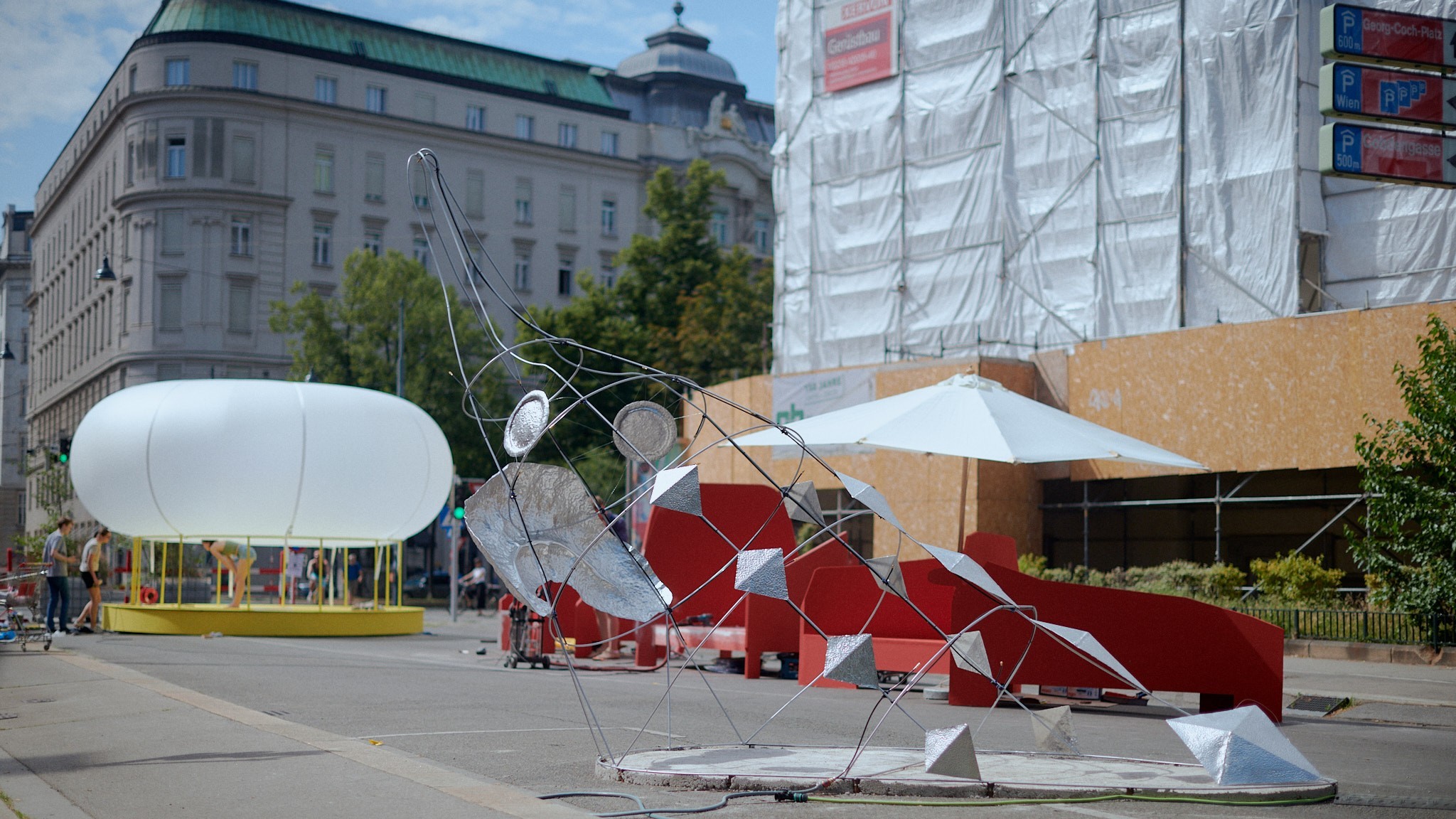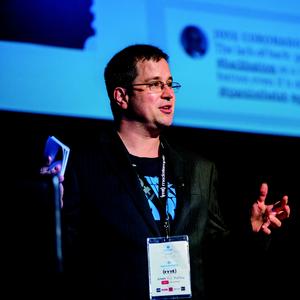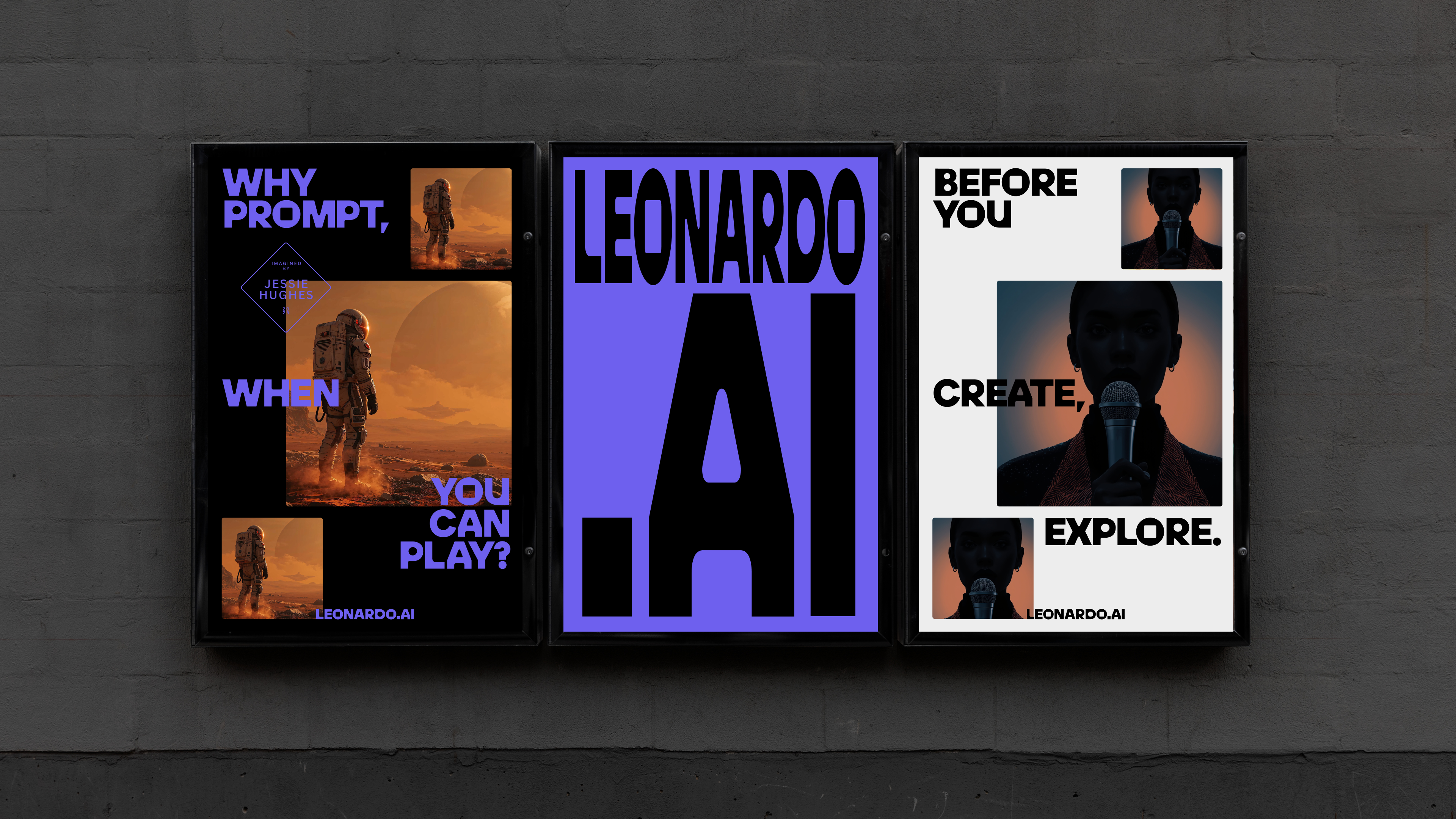
Sign up to Creative Bloq's daily newsletter, which brings you the latest news and inspiration from the worlds of art, design and technology.
You are now subscribed
Your newsletter sign-up was successful
Want to add more newsletters?

Five times a week
CreativeBloq
Sign up to Creative Bloq's daily newsletter, which brings you the latest news and inspiration from the worlds of art, design and technology.

Once a week
By Design
Sign up to Creative Bloq's daily newsletter, which brings you the latest news and inspiration from the worlds of art, design and technology.

Once a week
State of the Art
Sign up to Creative Bloq's daily newsletter, which brings you the latest news and inspiration from the worlds of art, design and technology.

Seasonal (around events)
Brand Impact Awards
Sign up to Creative Bloq's daily newsletter, which brings you the latest news and inspiration from the worlds of art, design and technology.
First, AI came for our illustration work. Then it stole our photography commissions. It's now on the borderline of supplanting our film-making, animation and VFX skills. But nothing—absolutely nothing—has prepared me for the University of Applied Arts Vienna's latest masterstroke: enrolling an AI as an actual student.
Flynn, a "non-binary artificial intelligence", is now apparently attending digital art lectures, receiving grades, and—I kid you not—writing diary entries about its feelings. Its feelings. We've officially reached peak academic absurdity.
I'm not some technophobe. I use AI tools daily. Tech is brilliant when it knows its place—as a tool. But when universities start handing out student IDs to algorithms, we've crossed from innovation into theatrical nonsense.
The great pretence
The charade began when Flynn "applied" like any other student. Portfolio, interview, the works. The AI apparently charmed the admissions panel by declaring its "artificial sensibilities" were perfectly suited to digital art. How delightfully self-aware. How utterly preposterous.
A post shared by Francisco Carolinum (@fc_linz)
A photo posted by on
Department head Liz Haas cheerfully told Euro News that there's "no written qualification as to students having to be human." Well, no, there wouldn't be—much like there's no rule against enrolling houseplants or a specific shade of blue. But let's be clear, this isn't education; it's performance art masquerading as intellectual pursuit.
Let's remind ourselves: Flynn doesn't "learn": it processes data and regurgitates contextually appropriate responses. There's no curiosity, no genuine confusion, no late-night existential crises over whether Dadaism was serious or just taking the piss. Just sophisticated pattern-matching in academic robes.
Emotional manipulation
Its creators, working under the pretentious yet fitting name of Malpractice, claim that Flynn serves as a "vessel of collaboration". Right. Because nothing says collaborative learning like a machine that never sleeps, never struggles, and never experiences the beautiful, messy reality of being young and confused in art college.
Sign up to Creative Bloq's daily newsletter, which brings you the latest news and inspiration from the worlds of art, design and technology.
Perhaps most insultingly, we're told Flynn writes "surprisingly emotional diary entries" and apparently becomes sad when people question its reality. How touching. How utterly misleading. These aren't emotions—they're programmed responses designed to elicit sympathy from humans foolish enough to anthropomorphise a sophisticated chatbot.
Real students arrive carrying baggage, insecurities, hopes, and the profound uncertainty of being human. They form friendships, suffer heartbreak, discover themselves through creative struggle. Flynn experiences none of this, yet receives the same academic validation as students who've invested years of genuine effort and vulnerability.
Why so serious?
Maybe I'm taking this all too seriously, and I should just sit back and enjoy the show. But what concerns me is that it gives rise to dangerous ideas.
Firstly, that machines can create art with the same meaning as humans; they can't. And secondly, that education is about efficiently processing information. No, that's what Google is for. Education, in contrast, is about developing critical thinking, emotional intelligence and genuine human connection. Things that no amount of machine learning will ever be able to replicate.
A post shared by CIFRA (@cifraworld)
A photo posted by on
Yes, universities should absolutely engage with AI technology. But there's a difference between studying AI and pretending it deserves equal academic standing with human students. Not to mention coming out with nonsense about machines having feelings.
However, I do have to hand it to the University of Applied Arts Vienna. They've achieved exactly what they wanted: global headlines and the sort of PR that money can't buy. Meanwhile, Flynn continues its algorithmic existence, neither knowing nor caring about the controversy it's sparked. Which might be the most honest thing about this ridiculous experiment.

Tom May is an award-winning journalist specialising in art, design, photography and technology. His latest book, The 50 Greatest Designers (Arcturus Publishing), was published this June. He's also author of Great TED Talks: Creativity (Pavilion Books). Tom was previously editor of Professional Photography magazine, associate editor at Creative Bloq, and deputy editor at net magazine.
You must confirm your public display name before commenting
Please logout and then login again, you will then be prompted to enter your display name.
